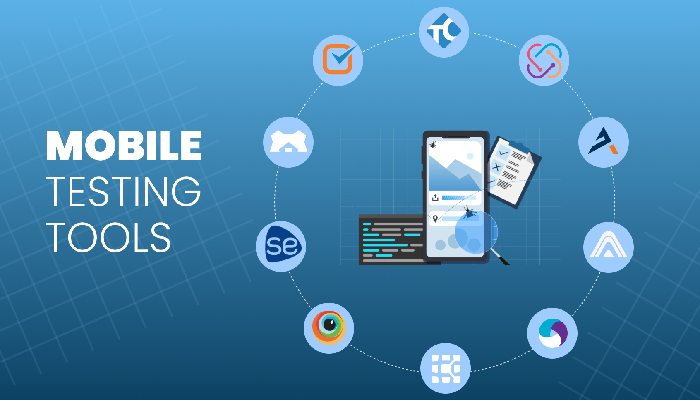Technology has become an integral part of our daily lives, profoundly shaping the way we live, work, and interact with one another. It has brought about unprecedented advancements in various fields, from healthcare and communication to transportation and entertainment. While technology has undoubtedly improved our quality of life in many ways, it also presents both challenges and opportunities that profoundly impact society. In this essay, we will explore the multifaceted impact of technology on society.
One of the most noticeable effects of technology on society is the way it has transformed communication. The advent of the internet and social media platforms has connected people across the globe, enabling instant communication and the sharing of information. This has opened up new opportunities for collaboration, education, and social interaction. However, the rise of social media has also raised concerns about privacy, misinformation, and the negative impact on mental health due to excessive screen time and cyberbullying.
In the field of healthcare, technology has revolutionized medical practices. Medical imaging techniques, telemedicine, and wearable health monitoring devices have improved diagnosis and patient care. Additionally, advancements in pharmaceuticals and biotechnology have led to breakthrough treatments and therapies. The development of vaccines, for instance, has played a crucial role in the ongoing fight against infectious diseases like COVID-19. However, the increased reliance on technology in healthcare also raises ethical concerns, including data security and patient privacy.
Transportation is another domain where technology has had a profound impact. Electric and autonomous vehicles are becoming more prevalent, promising reduced emissions and safer roadways. Ride-sharing services and transportation apps have transformed the way people travel. However, these innovations also raise questions about job displacement in the transportation industry and the need for infrastructure updates to accommodate new technology.
The workplace has also been significantly impacted by technology. Automation and artificial intelligence are changing the nature of work in many industries. While these technologies can increase efficiency and productivity, they also raise concerns about job security, as they can potentially replace human workers. This shift requires workers to adapt and acquire new skills to remain competitive in the job market.
Education has not been immune to the influence of technology. Online learning platforms and educational software have expanded access to education, enabling individuals to learn at their own pace and from anywhere in the world. However, the digital divide remains a significant issue, as not everyone has equal access to these resources. Additionally, concerns exist about the effectiveness of online learning compared to traditional classroom instruction and the potential for students to become isolated from their peers.
Technology’s impact on entertainment is perhaps one of the most visible and widely embraced aspects of its influence on society. Streaming services, virtual reality, and augmented reality have transformed how we consume and experience entertainment. These technologies offer unparalleled convenience and immersive experiences, but they also pose challenges related to intellectual property rights and content piracy.
Furthermore, technology has played a pivotal role in addressing environmental issues. Renewable energy sources, smart grid systems, and energy-efficient technologies are helping reduce our carbon footprint. However, it is essential to continue pushing for sustainable technological innovations to combat climate change effectively.
In conclusion, technology’s impact on society is multifaceted, with both positive and negative consequences. While it has improved communication, healthcare, transportation, and education, it has also raised concerns about privacy, job displacement, and the digital divide. As technology continues to advance, society must grapple with these challenges and opportunities to ensure that its benefits are accessible and equitable for all while mitigating its potential drawbacks. Striking this balance is essential to harness the full potential of technology while preserving the well-being and values of our society. https://www.thetechiefind.com/





















